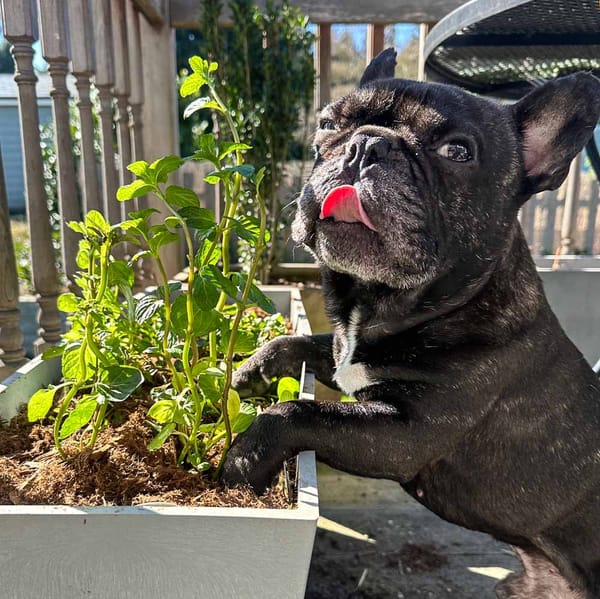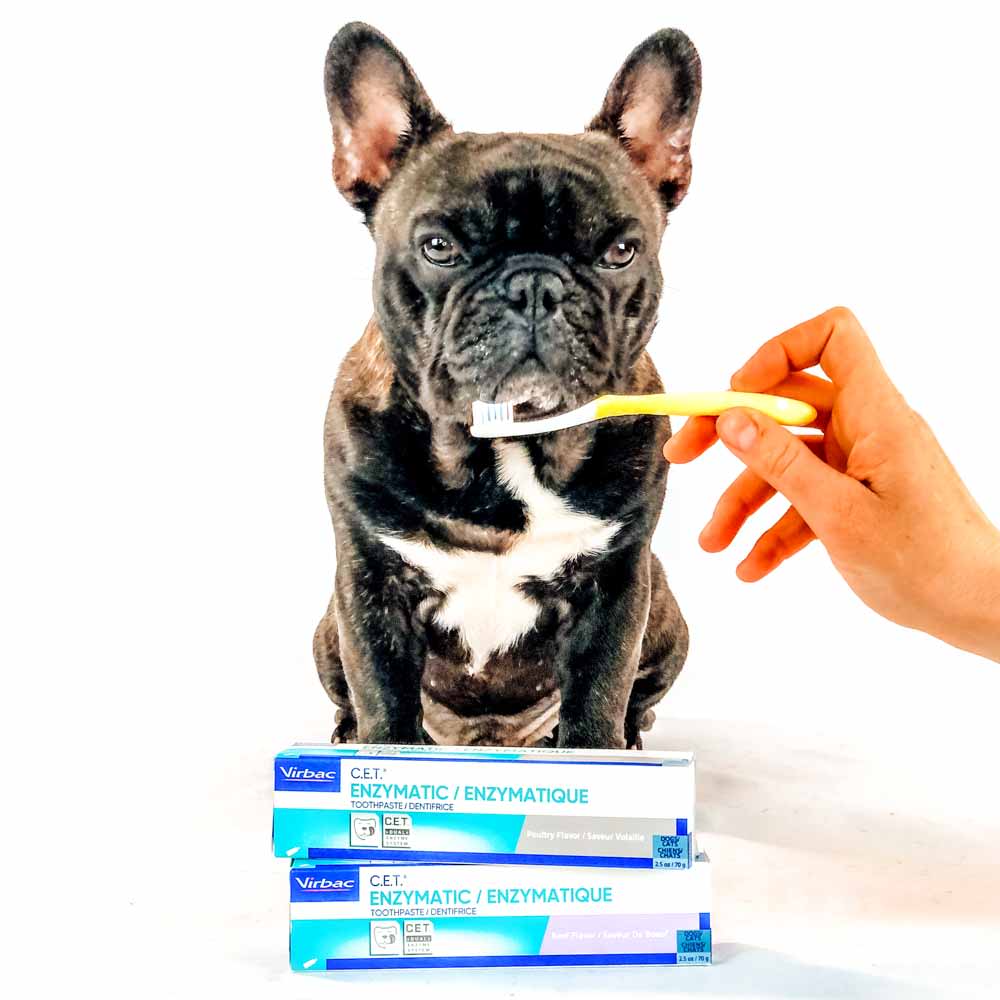Puppy Classes Teach Life Skills
Holidays are an excellent time to give the gift of a puppy! It is such a magical time of year, and there is something special about seeing a tiny furbaby that melts everyone’s hearts.
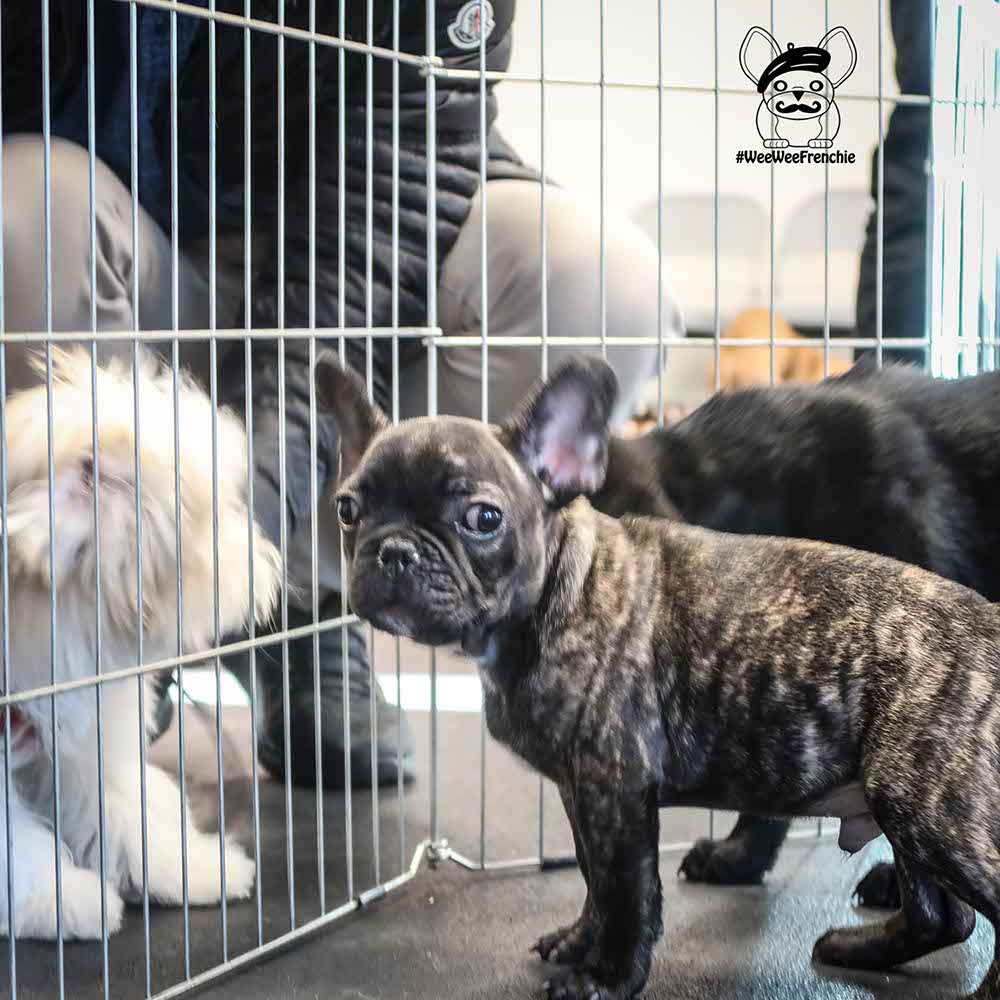
Holidays are an excellent time to give the gift of a puppy! It is such a magical time of year, and there is something special about seeing a tiny furbaby that melts everyone’s hearts. These cute puppies require extra love and attention during their puppy months but if you are like me, you may be a first time puppy owner. What do you need to do now in order to help shape your puppy’s future into a success?
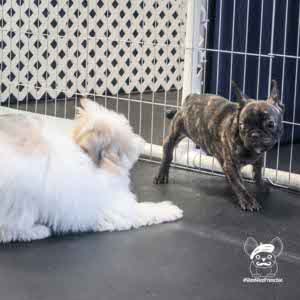
It may be a surprise that I am a first time puppy owner. I know that I am writing a dog blog but Cooper came into my life when he was 6 months old. He was already trained in the basics like potty training, walking on a leash, and being alone for several hours. There have been times when I realized that Cooper may have missed out on some basic training skills. Even though he does a great job in social situations, there have been times when he has snapped at other dogs. This type of behavior demonstrates that Cooper needs more skills in being consistently friendly to all dogs. For the past year, Cooper has been exposed to more social events, and although he is getting better, it will take time to ensure more consistent, polite dog behavior. While Cooper continues training and learning to adapt to new situations, my new puppy, Phoenix, will start training as soon as possible in order to avoid some of the issues that Cooper has encountered.

It is very important to get puppies started with socialization and obedience training as early as possible. Once your puppy has started immunizations, he can start puppy class. The first four months of your puppy’s life are crucial to shaping his future as an adult. The sooner you can start, the more successful your puppy will be in a variety of social situations. If you neglect this time to train your dog, it will lead to several negative behaviors later in life that could have been avoided.
Puppy class teaches dogs valuable life lessons about friendships and socialization. Finding a puppy class with smaller class sizes allows for the instructors to keep a close watch on your dog’s behavior, promptly stopping any bad behaviors before worsening, and initiating quick time-outs for any puppies that refuse to listen to the initial warnings. Puppies are taught that nibbles are good while biting is inexcusable. Jumping or hopping to invite play is suitable but tackling and dominating is bad. Play time not only builds friendships between the dogs but helps to build confidence for the puppy, which will help him be successful in a variety of social settings.

Positive reinforcement is key for developing acceptable puppy behavior. Dogs can read emotions so use proper body language and an enthusiastic voice for a job well-done. Dogs want to make you happy so the more positive reinforcement you can give, the more likely your puppy will repeat the same behavior for a reward. Training treats are a definite must-have item so stock up!
Avoid overloading your dog with too much too fast. Puppies have limited attention spans so if your dog is not responding after a few minutes, take a break. Chances are that when you return to training, the dog will likely respond faster and be successful.
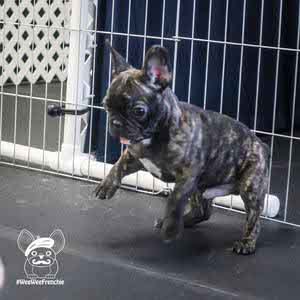
As your dog becomes more confident and has demonstrated knowledge in basic commands, take him out in public. Try to expose him to different social situations or environments, such as a trip to the pet store or a walk in different neighborhoods (avoid the dog park until after your puppy has received all of his vaccinations). Getting your dog acclimated to a variety of different situations will help your dog succeed in a variety of settings.
Consistency is key to training a new puppy. Carve out time in your daily schedule to work on potty training or basic commands. The more that you can work on behaviors now, the more quickly your dog will learn.
Obedience training is not only crucial for your dog but also beneficial to the puppy owner. It helps to teach understanding of your dog’s behavior, mannerisms, and aids in correction of bad behavior. The more that you can be with your dog during different situations, the more that both of you can learn how to behave around a variety of different dogs and dog owners.
From my own experience, I was worried when meeting Phoenix because his personality was more reserved and introverted, which could lead to him being bullied. However, after only a few puppy classes, he is more confident and initiating play with other dogs. He has been so brave that he has bounced over to my two cats, performing a playful jump and dance to initiate playtime. Although his behavior would be receptive by another dog, my cats are more hesitant to trust a jumping furbaby that interrupted their dinner time. Even though the cats usually hiss and take a swat at Phoenix, he steps back to only do a few more jumps to lighten the mood and to let the cats know he is not intimidated. As Phoenix’s confidence rises, so does mine since I know he will more adaptable to any situation that comes his way.
If your dog is older and exhibiting some bad behaviors, it is never too late to start obedience classes. It may take longer to break bad habits but it is crucial to stop bad behaviors before becoming destructive. Discuss your dog's behavioral issues with a dog training facility to ensure proper class registration.
While your puppy is still young, it is essential to start training and obedience classes to ensure proper skills to adapt in social situations. Dog training classes also teach the dog owner to read dog behavior and mannerisms in order to prevent bigger problems before they arise. Positive reinforcement with treats and praise demonstrate recognition for a job well-done. Consistency in training is also necessary for your dog to understand that positive behavior is a lifestyle, not sporadic behavior. Although training a puppy is a lot of hard work, the time dedicated will not only foster a well-behaved dog but also forge a lasting, loving bond between you and your new best friend.


